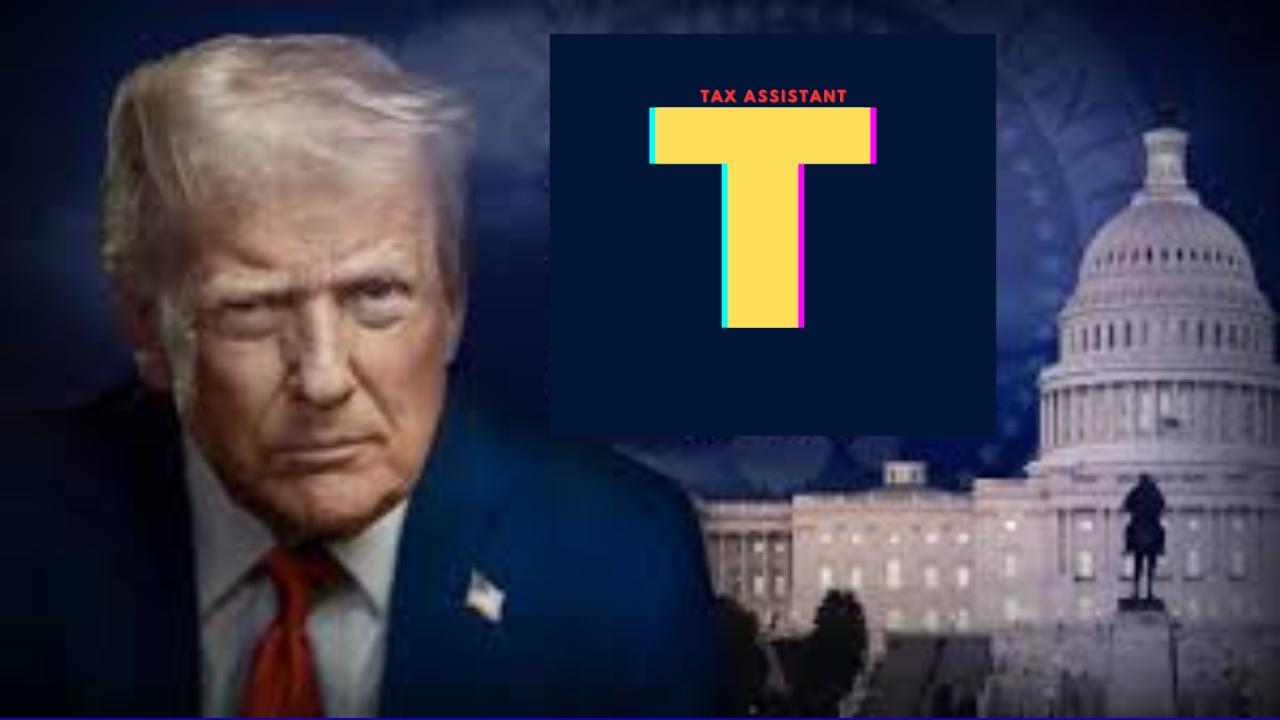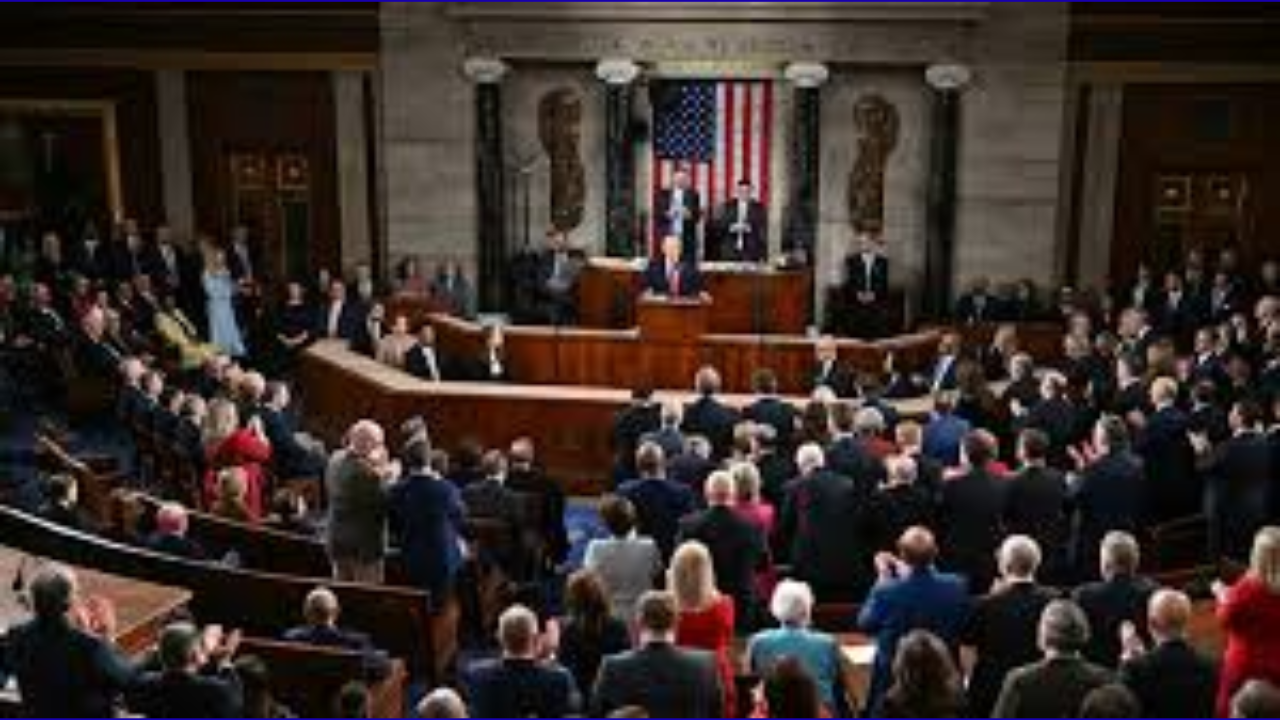RBI’s New Banking Rules: What Changes for You from October 1
Thank you for reading this post, don't forget to subscribe!The Reserve Bank of India (RBI) has introduced significant amendments to banking regulations, with three major changes effective from October 1, 2025, aimed at increasing flexibility for banks and improving benefits for borrowers.
Additionally, four important draft guidelines are open for public comment until October 20, 2025.
Immediate Changes (Effective October 1)
- Faster Loan Rate Reductions:
- For Borrowers: If the policy interest rate is cut, banks can now reduce the spread components on your floating-rate personal, retail, and MSME loans sooner than the previous three-year restriction. This means lower EMIs or interest outgoes could happen much faster.
- Flexibility: Banks are now allowed, at their discretion, to offer you the option to switch from a floating rate to a fixed rate when your interest rate is reset.
- Expanded Gold-Backed Lending:
- The scope of working capital loans against gold and silver collateral has been broadened. The loans are no longer limited to jewellers; they can now be extended to any manufacturer or industrial processor using these metals as raw material.
- Tier 3 and Tier 4 Urban Co-operative Banks are also now permitted to offer these loans, expanding access to credit in smaller cities.
- Easier Capital Raising for Banks:
- The RBI has revised the eligible limits for certain overseas bonds (Perpetual Debt Instruments or PDIs) that banks use to build up their Tier 1 capital. This gives banks more room to raise funds in international markets.
Draft Proposals for Public Feedback (Deadline: October 20)
The following four key proposals are open for feedback from all stakeholders:
- Gold Metal Loans (GML): The RBI proposes to extend the repayment tenor for GMLs to 270 days (up from 180 days). They also plan to allow these loans for domestic non-manufacturers who outsource jewellery production.
- Large Exposures Framework (LEF): Changes are being introduced to clarify and align the exposure norms, particularly for foreign bank branches operating in India.
- Credit Information Reporting: Credit institutions may be required to move to weekly reporting of credit data to credit bureaus, instead of the current fortnightly cycle. This aims to provide more timely and accurate credit information, along with faster error correction and mandatory capture of CKYC data.

















